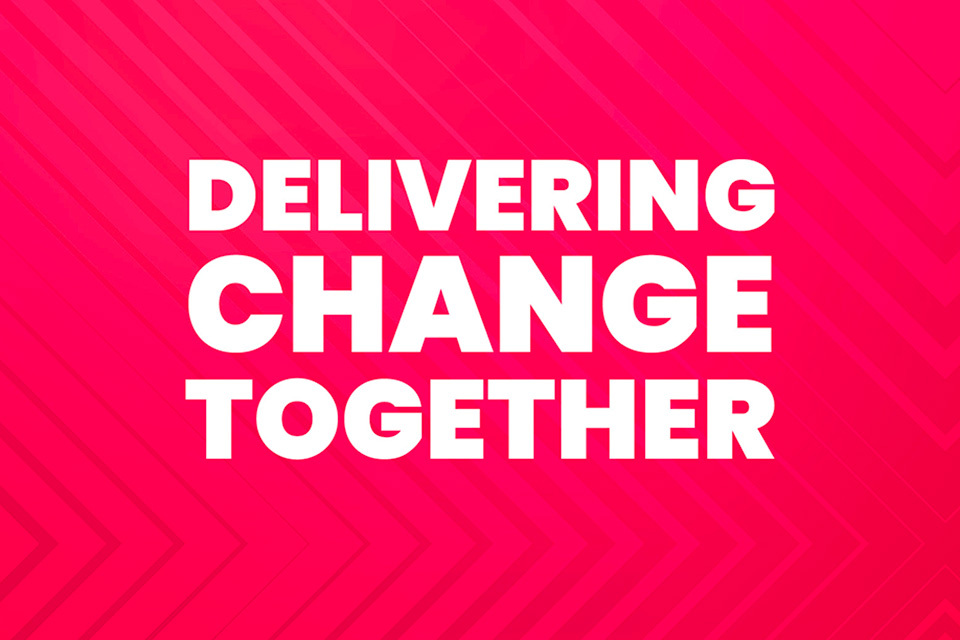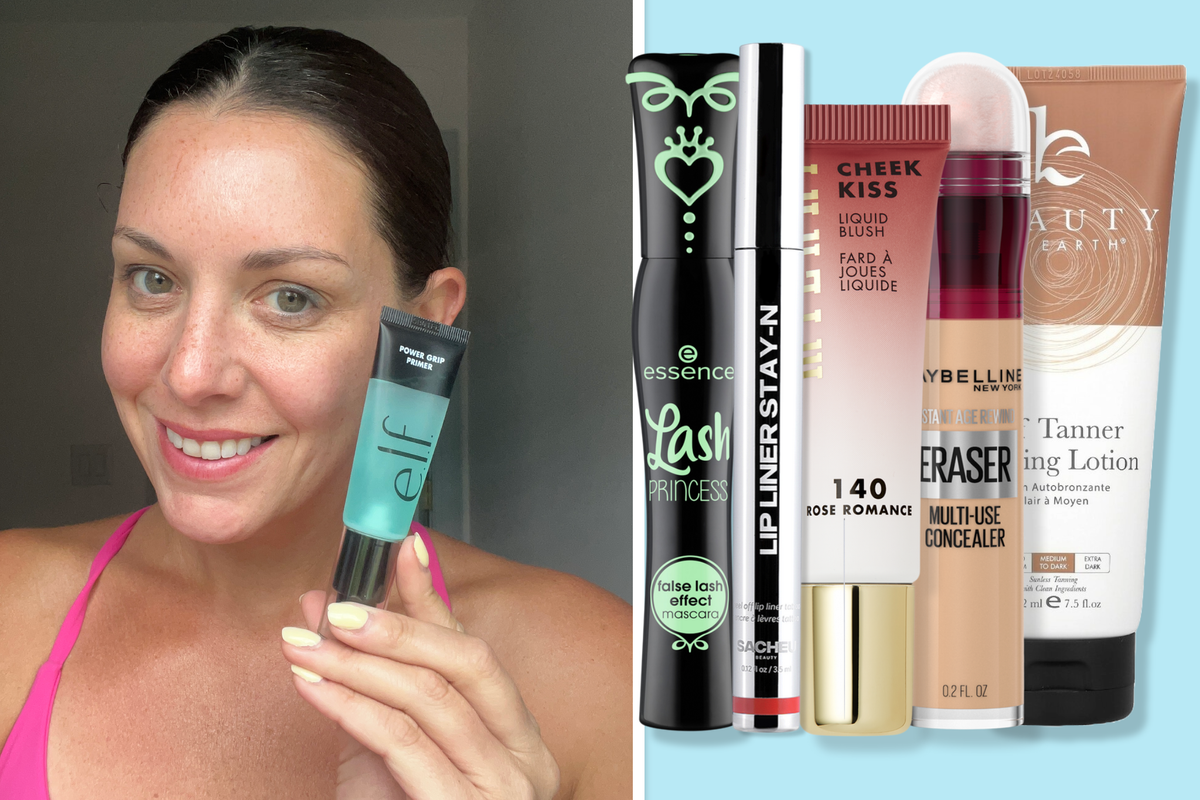The US has struck a trade deal with Indonesia, under which Indonesian products entering the US will face a 19 per cent tariff – down from the 32 per cent initially threatened by president Donald Trump.
In return, Indonesia will purchase 50 Boeing aircraft from the US, along with $15bn in US energy products and $4.5bn in agricultural goods.
Mr Trump announced the trade deal with Indonesia – a relatively small US trading partner – as part of his broader push for what he sees as fairer terms and efforts to narrow the sizeable US trade deficit. He added that letters outlining tariff rates for dozens of other smaller economies would be sent out soon.
“They are going to pay 19 per cent and we are going to pay nothing … we will have full access into Indonesia, and we have a couple of those deals that are going to be announced,” Mr Trump said outside the Oval Office.
The deal was finalised after he spoke with Indonesian president Prabowo Subianto.
Mr Trump said that Indonesia had agreed to buy $15bn of US energy products, $4.5bn of American farm products and 50 Boeing jets.
“As part of the Agreement, Indonesia has committed to purchasing $15 Billion Dollars in US Energy, $4.5 Billion Dollars in American Agricultural Products, and 50 Boeing Jets, many of them 777’s,” Mr Trump later said on his Truth Social platform.
He, however, did not specify a time frame.
On Wednesday, Indonesia said that after an “extraordinary struggle” in negotiations, the country finally reached the deal.
“This is an extraordinary struggle by our negotiating team led by the Coordinating Minister for Economic Affairs,” Hasan Nasbi, the Indonesian president’s spokesperson, told reporters.
The Indonesian leader, Mr Prabowo, said on his Instagram account that he had a “a very good call” with Mr Trump.
Indonesia’s stock index climbed up to 0.7 per cent on Wednesday following the trade deal, which some analysts described as a potential boost for economic activity, according to Reuters.
In a separate post earlier on Tuesday, the US president touted the finalised pact as a “great deal, for everybody”.
While Indonesia is not a top US trade partner – just under $40bn in 2024 – trade between the two countries has been growing. US exports to Indonesia grew by 3.7 per cent last year, while imports increased by 4.8 per cent, resulting in a goods trade deficit of nearly $18bn.
Mr Trump says similar deals are being worked on with other countries like India and the EU.
Meanwhile, Boeing shares closed down 0.2 per cent after Mr Trump’s announcement.
The US president also said that under the trade deal with Indonesia, goods that have been transshipped to avoid higher duties would face higher levies.
“Well, 19 per cent is better than 32 per cent Matt Simpson, a senior market analyst at City Index in Brisbane, said.
“Indonesian non-oil exports such as footwear and textiles will take a hit, but energy and agriculture are set to gain. Officials are of course pleased because they’re in Trump’s good books,” he told Reuters.
Myrdal Gunarto, an economist at Maybank Indonesia, called the deal relatively favourable, noting that Jakarta secured a tariff rate lower than those faced by other Southeast Asian neighbours.
“(The deal) opens more space for domestic lower monetary policy rate,” he said, predicting it would also trigger capital inflows.
In April, Trump imposed a 10 per cent tariff on nearly all US trading partners and announced plans to raise those rates further for dozens of economies, including the EU and Indonesia.
Just days before the steeper duties were set to take effect, Mr Trump postponed their implementation for a second time, moving the deadline from 9 July to 1 August.
Since then, he has been sending letters to trade partners, detailing the tariff levels they will face in August.
So far, he has sent more than 20 such letters, including to the EU, Japan, South Korea, and Malaysia. Canada and Mexico – initially excluded from his “reciprocal” tariff push in April – also received documents outlining updated tariffs on their goods.
So far, however, Mr Trump has only announced separate deals with Britain and Vietnam, along with a temporary easing of retaliatory tariffs in an agreement with China.
Earlier, the shock move by Mr Trump reportedly had blindsided Vietnamese officials, who had expected an 11 per cent tariff, only to see Mr Trump unilaterally double it during a call with Vietnam’s leader, To Lam, who hadn’t even been involved in the original negotiations. The US president announced earlier this month that he had struck a preliminary trade deal with the Communist country, which would cut planned US tariffs on imports from Vietnam to 20 per cent from the 46 per cent level he had threatened in April.
Mr Trump said on Tuesday that a trade agreement with Vietnam was nearly complete.



